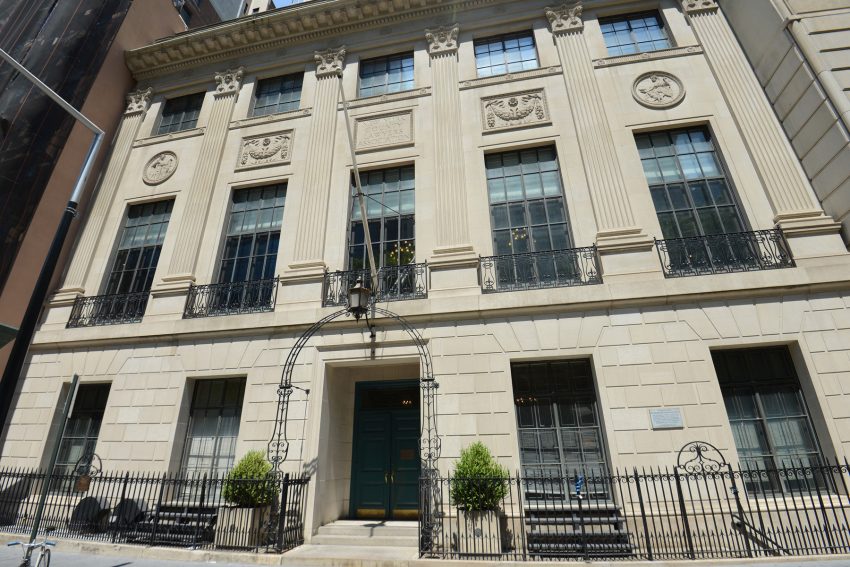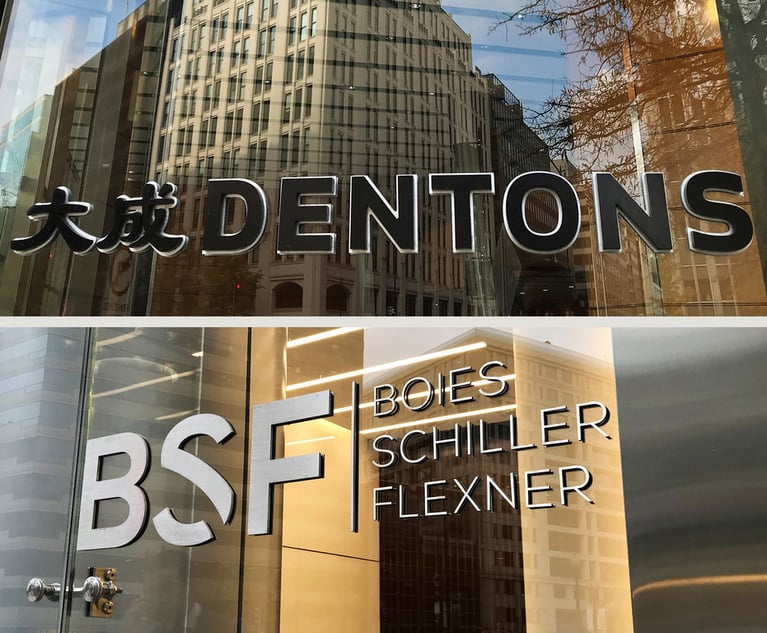The New York County Lawyers Association has hired an investment team to sell its majestic 87-year-old headquarters on Vesey Street.
The New York State Bar Association is marketing its stately building between the Capitol and Court of Appeals as an events venue.


 New York County Lawyers’ Association building at 14 Vesey St. Photo: Monika Kozak/NYLJ
New York County Lawyers’ Association building at 14 Vesey St. Photo: Monika Kozak/NYLJ





